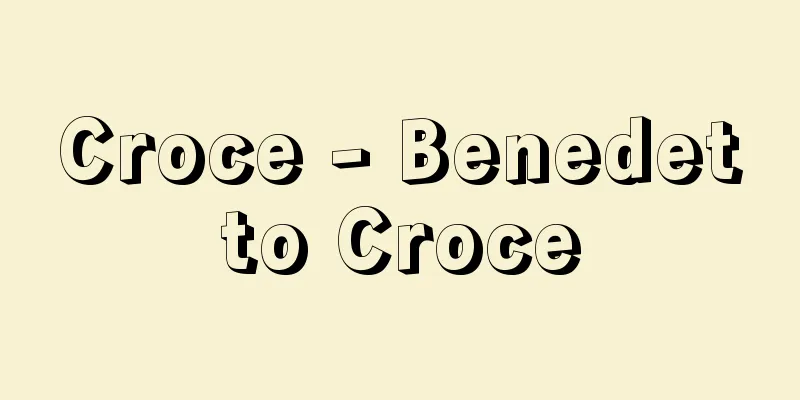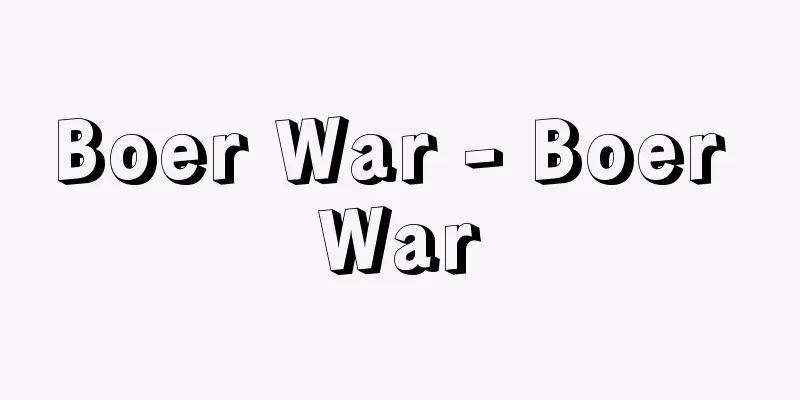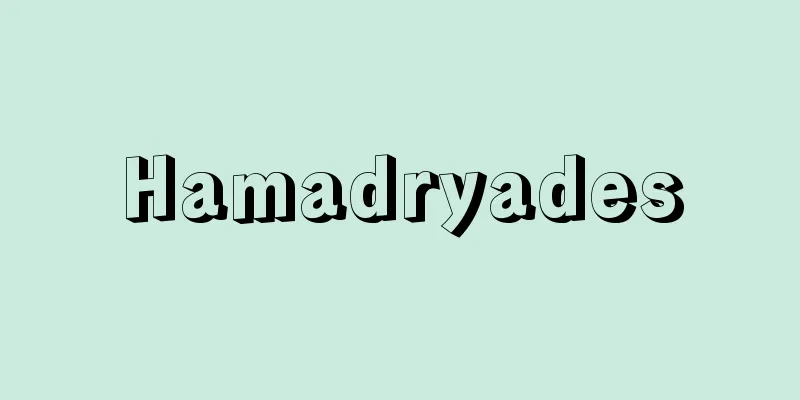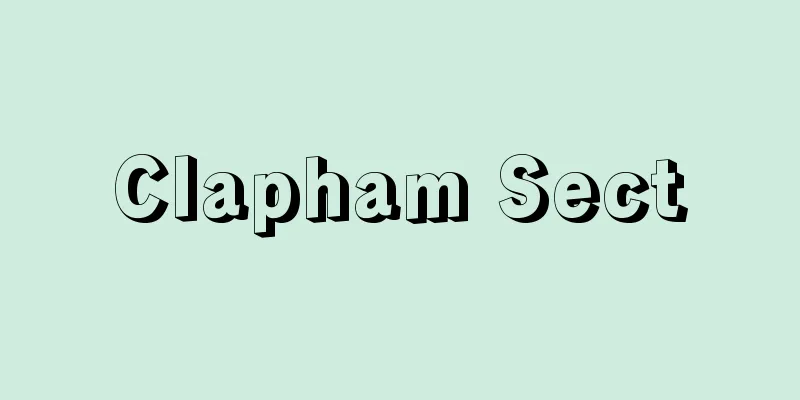Croce - Benedetto Croce

|
Italian philosopher, historian, and critic. Born into a family of large landowners in the south, he grew up in an economically comfortable environment, but lost his parents and sister in the great earthquake of 1883. He was brought up by his uncle, the Roman politician Silvio Spaventa (1822-1893), but soon moved to a house in Naples, where he would remain for the rest of his life. He did not hold a university position, but devoted himself mainly to writing and editing magazines, and also participated in publishing activities (Laterza). As a liberal, he became a senator in 1910 and served as Minister of Education in Giolitti's last cabinet (1920-1921). He initially had a favorable attitude toward Fascism, believing it would be useful in revitalizing liberalism, but in 1925 he changed his attitude to the opposite, believing that the hopes for Fascism were illusory. In the "Anti-Fascist Intellectuals Manifesto" published in May of that year, Croce stated his liberal belief in the independence of culture from politics and declared his anti-fascist stance, which made him a standard-bearer of cultural resistance under the fascist regime. Fascism had no choice but to tolerate his cultural resistance, which had an enormous influence on intellectuals both in Italy and abroad. Croce's magazine "Critica", which had been published since 1903, doubled its circulation in the 1930s. After the collapse of the fascist regime, he joined the reconstituted Liberal Party and supported the National Liberation Committee, and in 1944 he served as minister without portfolio in both the Badoglio and Bonomi cabinets, and after World War II he also served as a member of the Constituent Assembly and a senator. He synthesized the ideas of Vico, Marx, and Hegel to arrive at the position of the philosophy of spirit that only spirit exists, that reality is the expression of human mental activity, and that the process of its development is history. In the four parts that make up this work, Aesthetics as a Science of Expression and General Linguistics (1902), Logic as a Science of Pure Concepts (1905), Practical Philosophy - Economics and Ethics (1908), and Theory of Historiography and History (1917), he opposed the positivist philosophy that was popular at the end of the 19th century and established a philosophical system as a science of spirit that belongs to the philosophy of life. In his history books after 1925, especially in A History of Nineteenth-Century Europe (1932) and his major work in his later years, History as Thought and Action (1938), he placed ethical life at the center of history, developed a view of history that sees history as the realization of freedom, and attempted a philosophical revival of liberalism. [Yasuro Shigeoka] "Theory and History of History" by Crochet, translated by Hani Goro (Iwanami Bunko)" ▽ "19th Century European History" revised edition, translated by Sakai Naoyoshi (1982, Sobunsha)" ▽ "Philosophy of Resistance - Crochet" by Hani Goro (1972, Gendai Hyoronsha)" ▽ "Consciousness and Society" by H.S. Hughes, translated by Ikumatsu Keizo and Arakawa Ikuo (1965/revised edition, 1970/new edition, 1999, Misuzu Shobo)" Source: Shogakukan Encyclopedia Nipponica About Encyclopedia Nipponica Information | Legend |
|
イタリアの哲学者、歴史家、批評家。南部の大地主の家庭に生まれる。経済的に恵まれた生活環境に育ったが、1883年の大地震で両親と妹を失う不幸に出会い、伯父にあたるローマの政治家スパベンタSilvio Spaventa(1822―1893)に養育されたが、まもなく終生の宿となるナポリの住居に移り住んだ。大学に奉職することなく、主として著述と雑誌編集に没頭し、また出版活動(ラテルツァ社)にも参加した。さらに自由主義者として1910年から上院議員となり、ジョリッティの最後の内閣で文相を務めた(1920~1921)。彼は、ファシズムに対しては、自由主義を活性化するうえで有用であるとして最初好意的態度をとったが、1925年になると期待は幻想であったとして反対の態度に変わった。その年の5月に発表された「反ファシスト知識人宣言」において、クローチェは政治からの文化の自立性という自由主義の信条を述べ、反ファシズムの立場を言明したが、これはファシズム体制下で彼を文化的抵抗の旗手とした。内外の知識人に絶大な影響力をもつ彼の文化的抵抗をファシズムも黙認するほかなかった。1903年以来刊行されてきたクローチェの雑誌『批評(クリティカ)』は1930年代において発行部数を倍増する。ファシズム体制崩壊後、再建された自由党に加わり、国民解放委員会を支持し、1944年にバドリオとボノーミの両内閣に無任所相として入閣し、第二次世界大戦後は制憲議会議員と上院議員をも務めた。 彼は、ビコとマルクスさらにヘーゲルを総合して、実在するのは精神だけであり、現実とは人間の精神活動の表れであり、その発展過程が歴史であるという精神哲学の立場に達した。それを構成する四部作『表現の科学および一般言語学としての美学』(1902)、『純粋概念の科学としての論理学』(1905)、『実践の哲学――経済学と倫理学』(1908)、『歴史叙述の理論および歴史』(1917)によって、19世紀末に流行した実証主義哲学に反対し、生の哲学に属する精神の科学としての哲学体系を樹立した。1925年以降の歴史書、とりわけ『十九世紀ヨーロッパ史』(1932)および晩年の主著である『思想と行動としての歴史』(1938)において、倫理的生を歴史の中心に据え、歴史は自由の実現であるとする歴史観を展開するとともに、自由主義の哲学的再興を試みた。 [重岡保郎] 『クロオチェ著、羽仁五郎訳『歴史の理論と歴史』(岩波文庫)』▽『坂井直芳訳『十九世紀ヨーロッパ史』増訂版(1982・創文社)』▽『羽仁五郎著『抵抗の哲学―クロォチェ』(1972・現代評論社)』▽『H・S・ヒューズ著、生松敬三・荒川幾男訳『意識と社会』(1965/改訂版・1970/新装版・1999・みすず書房)』 出典 小学館 日本大百科全書(ニッポニカ)日本大百科全書(ニッポニカ)について 情報 | 凡例 |
<<: Kurochiku (black bamboo) - Kurochiku (English spelling) black bamboo
Recommend
Academia Sinica (English)
…the predecessor of the Chinese Academy of Scienc...
Gas counter
…Structurally, there are strip types with flat se...
Narumi Ichijo - Narumi Ichijo
1877-1910 An illustrator from the Meiji period. B...
Ritsu sect
A Buddhist sect. It is one of the thirteen school...
Utsunomiya Castle
Hirajiro Castle was located in Utsunomiya City, To...
Patriarchal family - kafuchouseikazoku
...patriarchy can be divided into three categorie...
General purpose water supply
A general term for water supplies that are not int...
Taiheiki - Taiheiki
A military tale from the Northern and Southern Co...
Saarinen, GE (English spelling) SaarinenGE
…Finland-born architects Gottlieb Eliel Saarinen ...
Prunella collaris (English spelling)
...12 species are found in the mountains of Europ...
Pupa suspensa (English spelling) pupasuspensa
...Pupa obtecta refers to the pupae of Lepidopter...
Leg whiskers - customer
…The terminal segment is a movable finger that in...
Chimney - Chimney (English spelling)
This is a facility that releases combustion gases...
Beskow, E.
...These include Martin Szanzer, who wrote the mu...
Great Hell - Ojigoku
...A horseshoe-shaped explosion crater formed by ...









